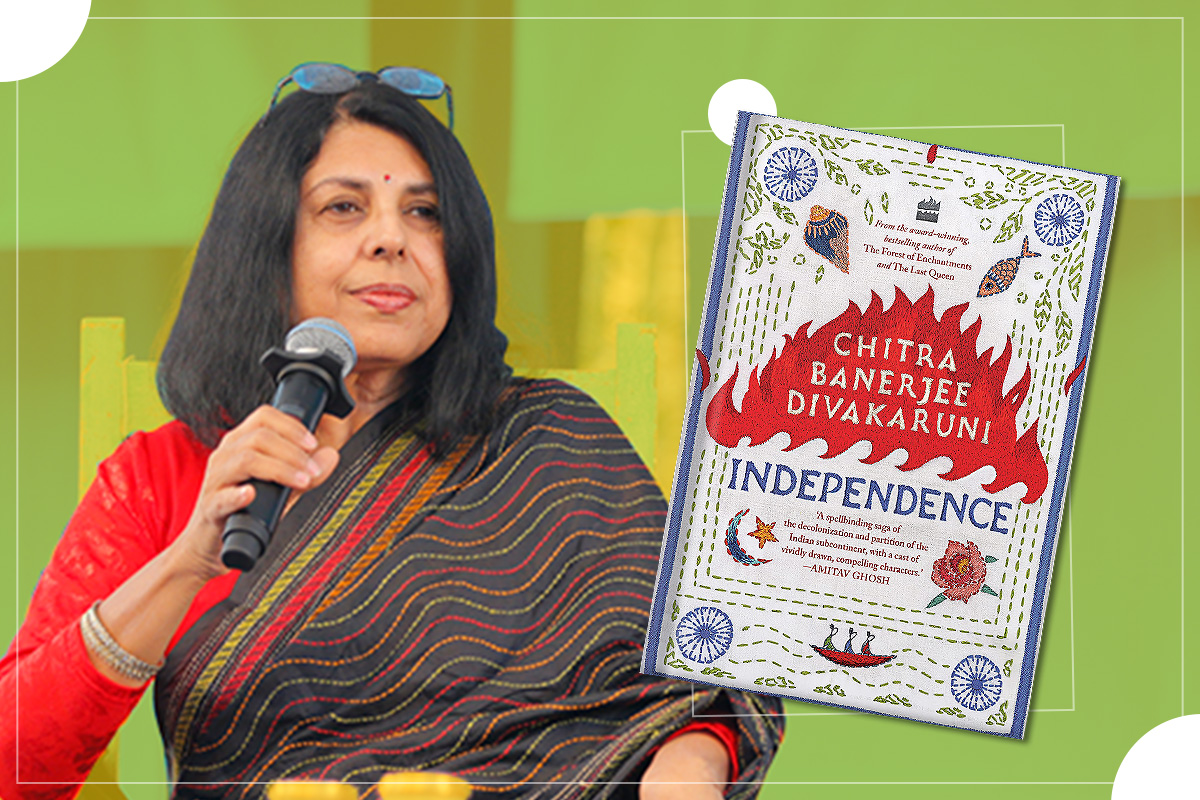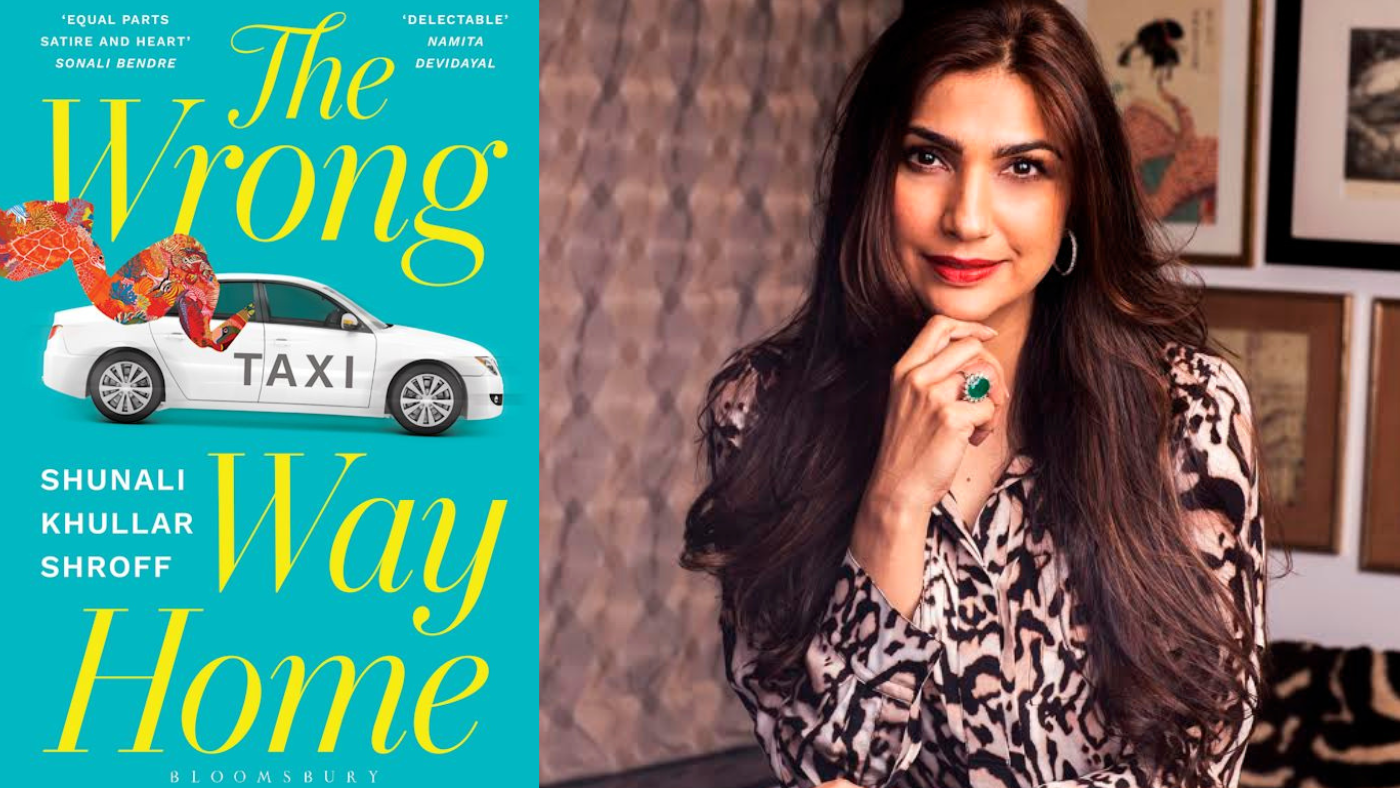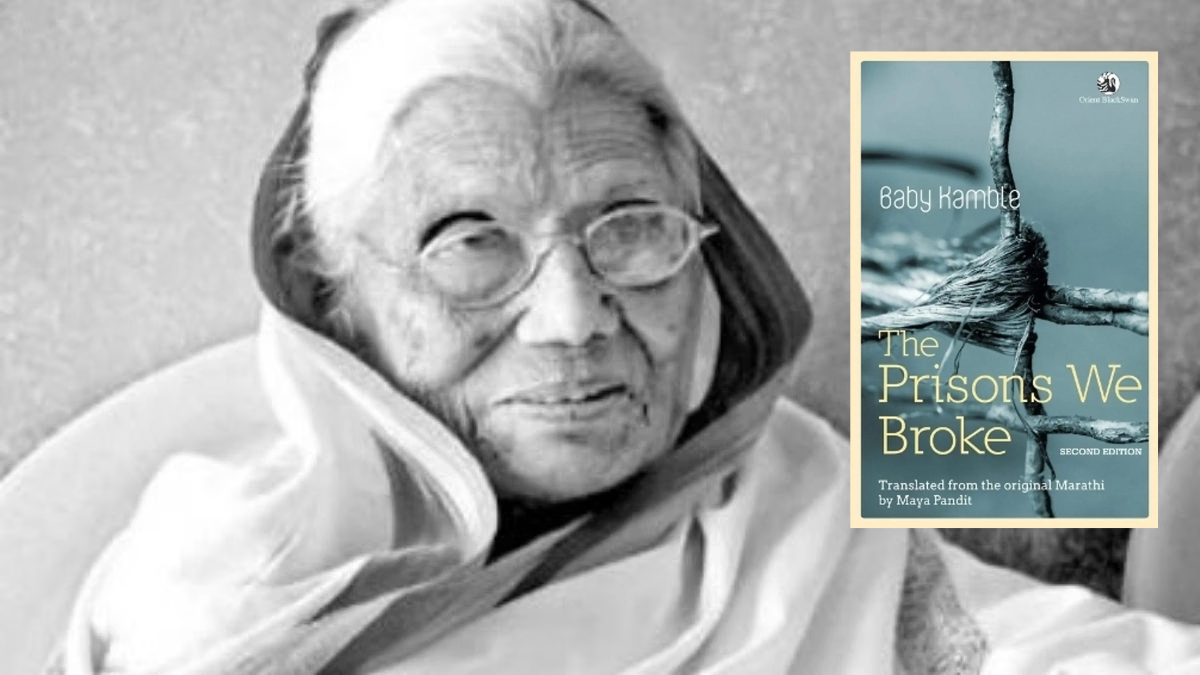Dreamcatcher is the debut novel of Rosheena Zehra. Rosheena is a journalist and author. The novel revolves around the life of Zoya, who we meet as a young college-goer in Delhi. She has moved to Delhi recently from Lucknow and is experiencing an entirely new world, which contrasts with her sheltered and conservative life at home. Interestingly enough, the character isn’t driven by this contrast in her life to rebel, as I had been expecting. Instead, Zoya is shown as someone who accepts a lot of the rules governing her life without much questioning. Often enough you hear her rationalising the rules her family has enforced around being home on time and who to befriend (not boys) and how they are beneficial instead of questioning them. She does maintain a dual life, for example she hides the existence of one of her closest friends who is a boy.
The pivotal moments in the story come from the sudden death of Zoya’s younger sister, Mehak, which engulfs her family in despair. Through this entire tragedy, Zoya does not reveal her devastation and grief and keeps her feelings bottled up despite her obvious love and affection for her sister. Instead, Zoya’s emotions remain bottled up and then manifest into awful nightmares and sleeplessness and turmoil. The theme of repression in the story, whether it is self-driven or imposed on her by family, is treated rather matter-of-factly by the protagonist. However, as the reader, you are aware that something is going to break eventually.
The story continues through Zoya’s time in college, her meeting and falling in love with Reza, a friend of a friend, convincing her family of their love, her marriage to Reza and living with him and his family, motherhood, miscarriages and more. The culmination of her life’s experiences into schizophrenia was a little bit of a surprise for me, in how it is depicted as a linear result of what happens in her life. I hesitate at such narratives because I don’t see mental illness as a cause-and-effect issue. I did enjoy the maturity and open-mindedness that Zoya and her husband Reza show in the story towards her struggles with her schizophrenia (which manifests itself into a character named Arsh, a name Zoya had wanted for her child). Towards the end, she also references depression as well as medication that has helped her manage, but it is not developed enough as a theme for me to be convinced. Zoya as the character is pragmatic but her ‘madness’ is shown in a manner that does not always resonate with the reality of living with mental illness.
For me, the most interesting part of this story lay in the fact that it is based in Delhi as the city and as the college life campus; it has moments which are relatable, whether they are big or little milestones of life. The story is simple and a reminder of how there are so many points in a person’s lives where they struggle. Everyday, the door for conversations on mental health is opening a little bit more and this story is an example of that conversation — I certainly don’t remember seeing a story with this theme in a novel. My hope is that this and other authors continue to write in a more nuanced way about mental health and illness in the Indian society.
About the author(s)
Feminist and Indian. Interests include gender, education, mental health and wellness. India/US.




